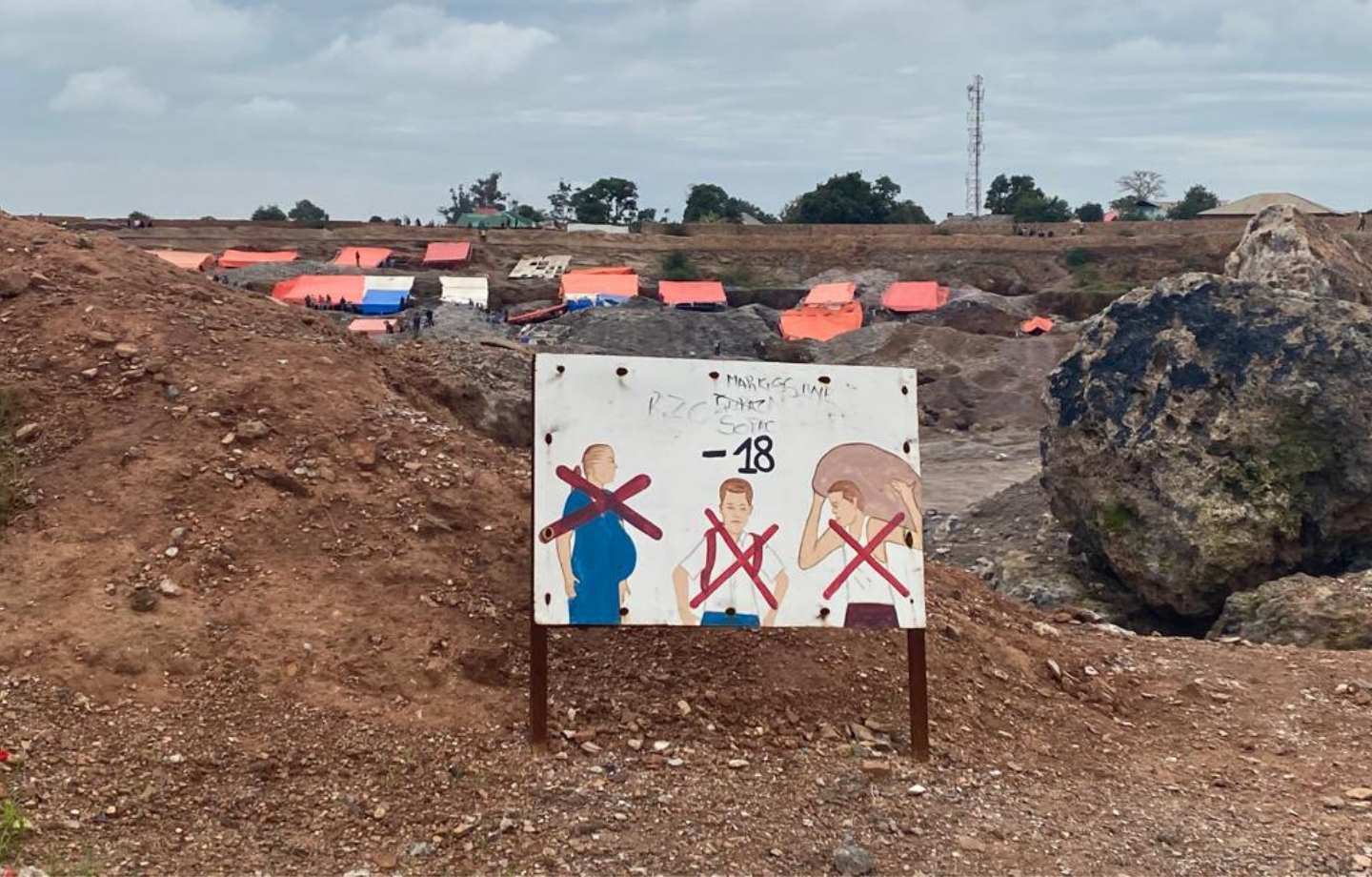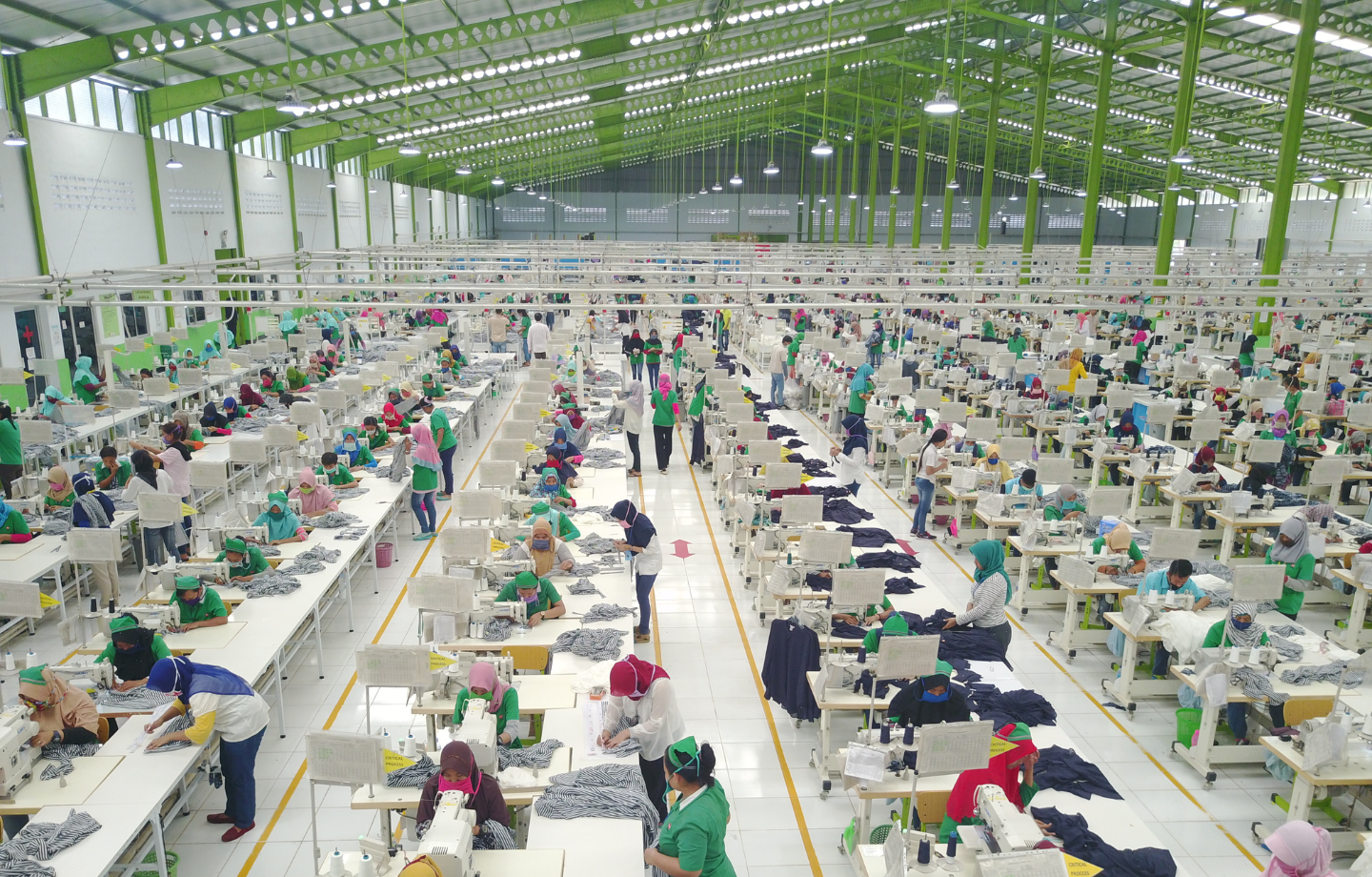A Light in the Darkness: Human Rights Defenders Targeted in Thailand

October 20, 2016
Human right defenders are being targeted in Thailand. Last month’s criminal verdict against researcher Andy Hall and attempts to suppress an Amnesty International report have the very real potential to stifle vital research and activism on labor rights when conditions for workers are getting worse. The death of King Bhumibol Adulyadej is exacerbating the tumultuous political situation in Thailand, which could result in the ruling military junta cracking down further on dissent.
On September 20, 2016, a Thai court found UK labor activist Andy Hall guilty of criminal defamation against the Natural Fruit Company (“Natfruit”), a major Thai pineapple exporter. The basis for the criminal case against Hall was his research for “Cheap Has a High Price,” a 2013 report documenting Natfruit’s mistreatment of migrant workers, including vastly underpaying them, forcing them to work long hours, and confiscating some workers’ passports. Natfruit is now pursuing a civil claim against the activist for $10 million in damages.
Days after the Hall verdict was announced, Amnesty International staff were threatened by police in Bangkok. Amnesty was forced to cancel the release of a new report revealing Thai soldiers and police had tortured prisoners.
As a center devoted to field research in complex global supply chains, we are especially concerned about attempts to silence Andy Hall and his research on Natfruit’s treatment of its workers. Human rights researchers have long held governments accountable for abuse of their own citizens through dogged, innovative reporting in very tough environments. Amnesty International won the Nobel Peace Prize in 1977 for being a “light in the darkness” and uncovering “the facts about violations and breaches of human rights.” Its 1976 report on its mission to Argentina to document disappearances in the midst of the Dirty War is a good example of the kind of reporting that sheds light and creates accountability.
Today, corporations are as big and powerful as many governments in their influence on human rights. Amazon’s revenues are bigger than Kenya’s GDP. Companies are not subject to the same accountability mechanisms as governments. Their officials are not elected by the communities in which they operate. Objective, independent research on how companies treat people and the environment has never been more important. Natfruit and the Thai government’s pursuit of criminal charges against Andy Hall should be concerning to anyone interested in transparency, justice, and decent work.

This is especially true for the State Department, which in June upgraded Thailand in its Trafficking in Persons report. Whatever progress Thailand may have made to warrant an improved ranking (rights groups strongly criticized the move) certainly has been undone by these deliberate attempts to stifle research and activism in defense of the most vulnerable workers. The State Department should send a strong signal to Thailand and the rest of the world that research on corporate human rights practices is a force for transparency and accountability that makes societies (and business environments) stronger and more sustainable.
We stand with Andy Hall and all of those doing the difficult work of understanding how global supply chains affect the most vulnerable workers and communities around the world. Natfruit and the Thai government should drop the charges against him and overturn his conviction for doing what civil society has always done — shedding light where there is darkness
 Global Labor
Global Labor


